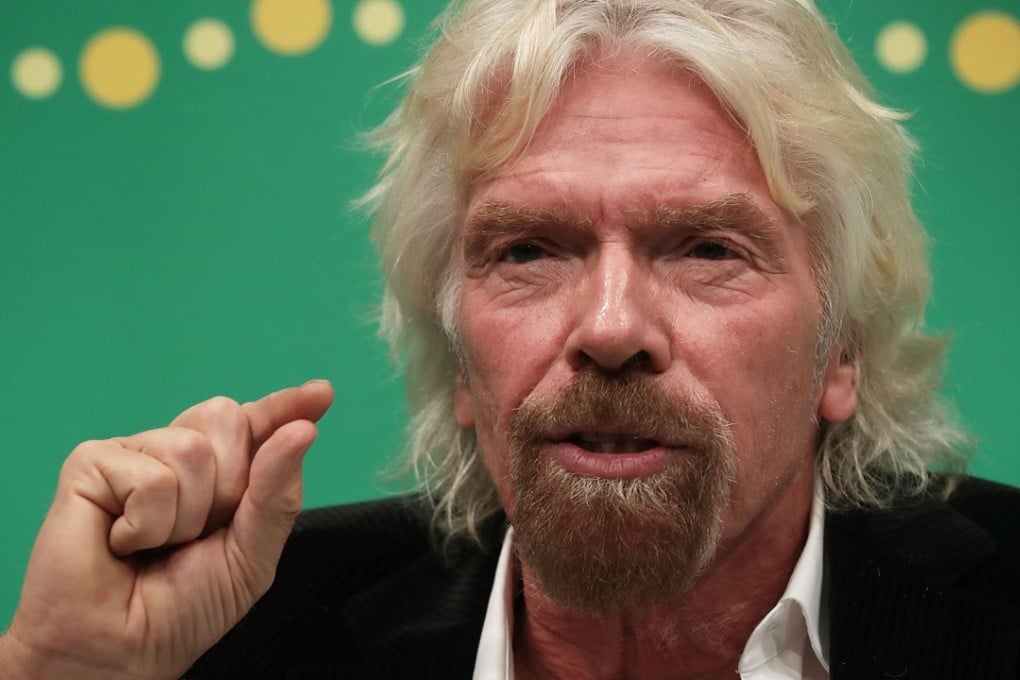
Richard Branson, the maverick founder of Virgin, once said: “Train people well enough so they can leave; treat them well enough so they don’t want to.”
It seems like common sense. Treat employees nicely – give them interesting, high-potential assignments, provide mentoring and valuable performance feedback – and this will in turn beget correspondingly high levels of interpersonal respect, trust and professional obligation.
But is treating employees well enough, enough? It is not unreasonable to assume that employees, being human, fundamentally look out for their own self-interest. The boss should treat them well but who cares how he treats others? After all, the rule of the jungle has always been survival of the fittest.
I argue differently. Treating an employee well enough may not be sufficient. Bosses have to treat all employees well for the said employee to stay.
Beyond perceptions of their boss that are formed based on self-interest, such as how well the boss treats them, I argue that even if employees are well treated, their relationship with the boss will still be affected if he or she treats other co-workers less well.
While bosses should of course continue to treat employees fairly and well, they should bear in mind that the relationship is not necessarily reciprocal
That is, their perception of their boss is not just affected by pure self-interest of how well they were treated, but also by the larger social environment involving how well other employees were treated.
